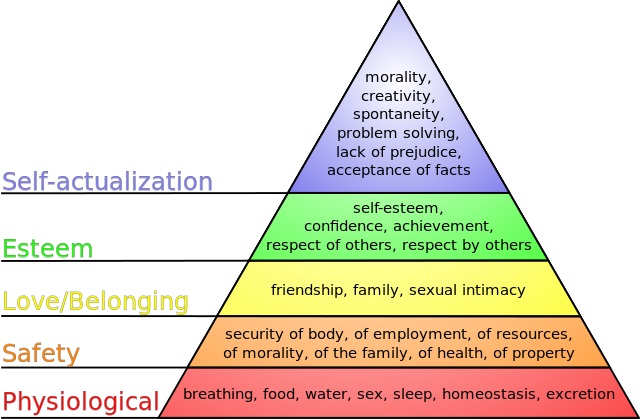In the field of psychology, personality can be defined as a specific pattern of behavior and thinking that prevails across time and situations and is different from one person to another.¹ There are four major theories explaining personality within psychology: trait, psychodynamic, humanistic and social-cognitive.
The trait perspective is a traditional, classic approach to studying personality that classifies and ascribes meaningful traits that can describe an individual’s personality. The dominant contemporary trait model is the NEO Personality Inventory aka Big Five which consists of 5 personality dimensions:¹
- Openness to Experience
- Conscientiousness
- Extraversion
- Agreeableness
- Neuroticism
Psychodynamic theories emphasize the relationship between the conscious and unconscious and how this influences the drives and forces within a person.¹ The most famous psychodynamic theorist is Sigmund Freud.
 Freud explains personality with his psychoanalytic theory, which is based on the conflict between the conscious and unconscious mind and on developmental stages tied to various bodily function.The humanistic perspective of personality emphasizes people’s conscious understanding of themselves and their capacity to choose their own paths to self fulfillment.¹ Abraham Maslow is a popular humanist who developed Maslow’s Hierarchy of Needs. This is relevant to personality because he believed that a person’s behaviour and personality stems from their motivation to reach their full potential.
Freud explains personality with his psychoanalytic theory, which is based on the conflict between the conscious and unconscious mind and on developmental stages tied to various bodily function.The humanistic perspective of personality emphasizes people’s conscious understanding of themselves and their capacity to choose their own paths to self fulfillment.¹ Abraham Maslow is a popular humanist who developed Maslow’s Hierarchy of Needs. This is relevant to personality because he believed that a person’s behaviour and personality stems from their motivation to reach their full potential.The social-cognitive perspective emphasize the role of social experience on personality development. Social-cognitive theorists argue that our personality is a result of cognitive concepts. These are general belief systems that affect how a person understands events and chooses implying that personalities are dynamic and therefore never fixed.¹
Our personalities affect how we interact with the environment and how environments influence us. This concept is known as reciprocal. ¹ Other popular theories and concepts in the social-cognitive framework include self-efficacy, the locus of control and learned helplessness.
Reference:
1.Carlson, Neil R., William Buskist, and G. Neil. Martin. Psychology: The Science of Behaviour. Harlow: Allyn and Bacon, 2000.
Image Credit: Wikimedia Commons
© BrainMass Inc. brainmass.com June 30, 2024, 7:26 am ad1c9bdddf